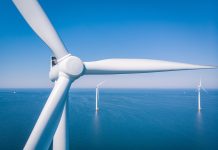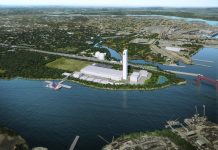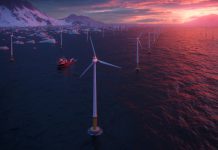A wind facility has to jump through a lot of hoops before turbines start spinning and creating electricity. That’s why it’s important that an area is vetted, not only scientifically and environmentally, but also to ensure a new wind farm will be socially acceptable to the community it is joining.
That approval list can be long and daunting, but the experts behind windtest north-america inc. are there to verify that every aspect of a wind farm will be successful before the first turbine foundation even begins construction.
Precise measurement and testing of economic viability, site suitability, turbine performance, power quality, grid integration, stability, and security are crucial to the success of a project. Windtest north-america is capable of engaging at multiple points in the process including turbine manufacturers’ R&D, site selection, on-site operation, and power transfer to the grid. The company is able to provide this service for small wind turbines up to utility-scale operations.
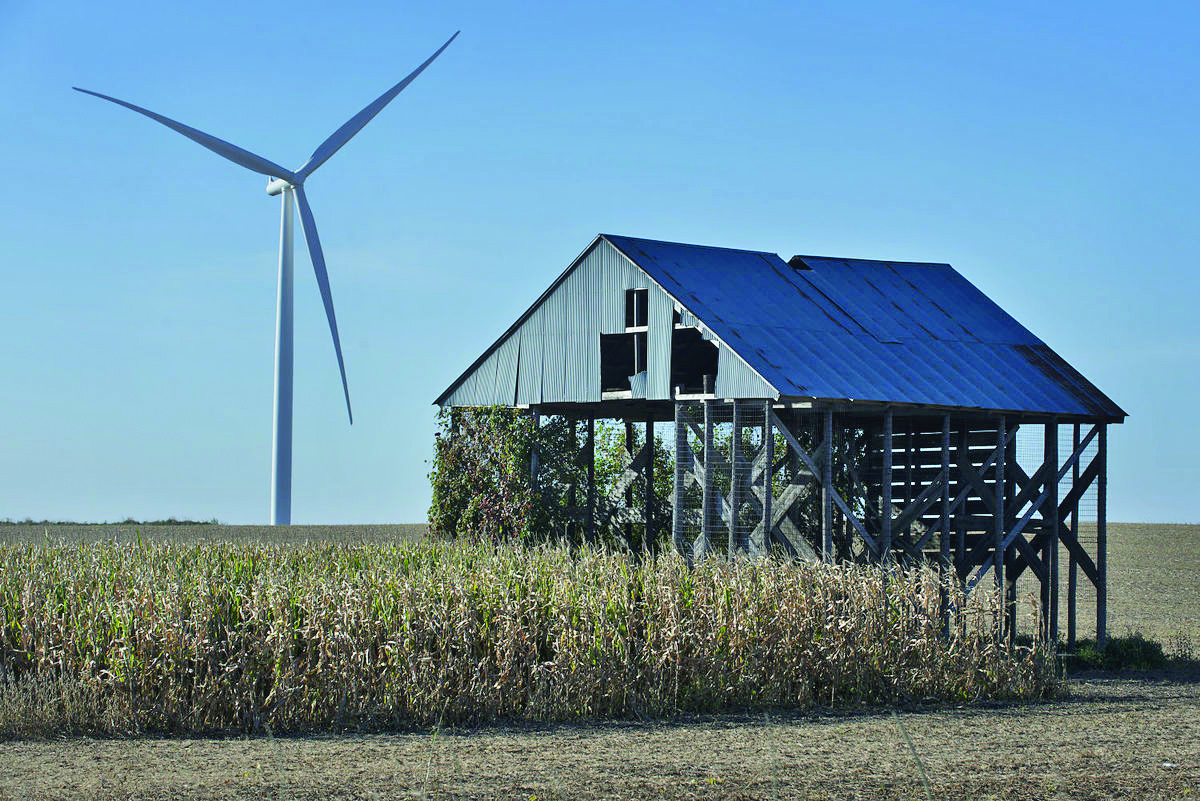
“We are a service provider, and we do the whole range of specialized measurements and testing for certification purposes,” said Jasmin Holzinger, vice president and chief operations officer at windtest north-america. “This includes, for example, mechanical loads and power performance measurements.”
German Roots
Windtest north-america is a subsidiary of windtest grevenbroich gmbh, based in Germany. After doing business with many wind-industry businesses in North America, Holzinger said the company decided to establish a permanent North American presence in Estherville, Iowa, in 2013 in order to better serve its customer base in the U.S. and Canada.
Being community-minded, one of the reasons the company set up base in Iowa is its centralized location to potential wind developments and its proximity to Iowa Lakes Community College, according to Holzinger.
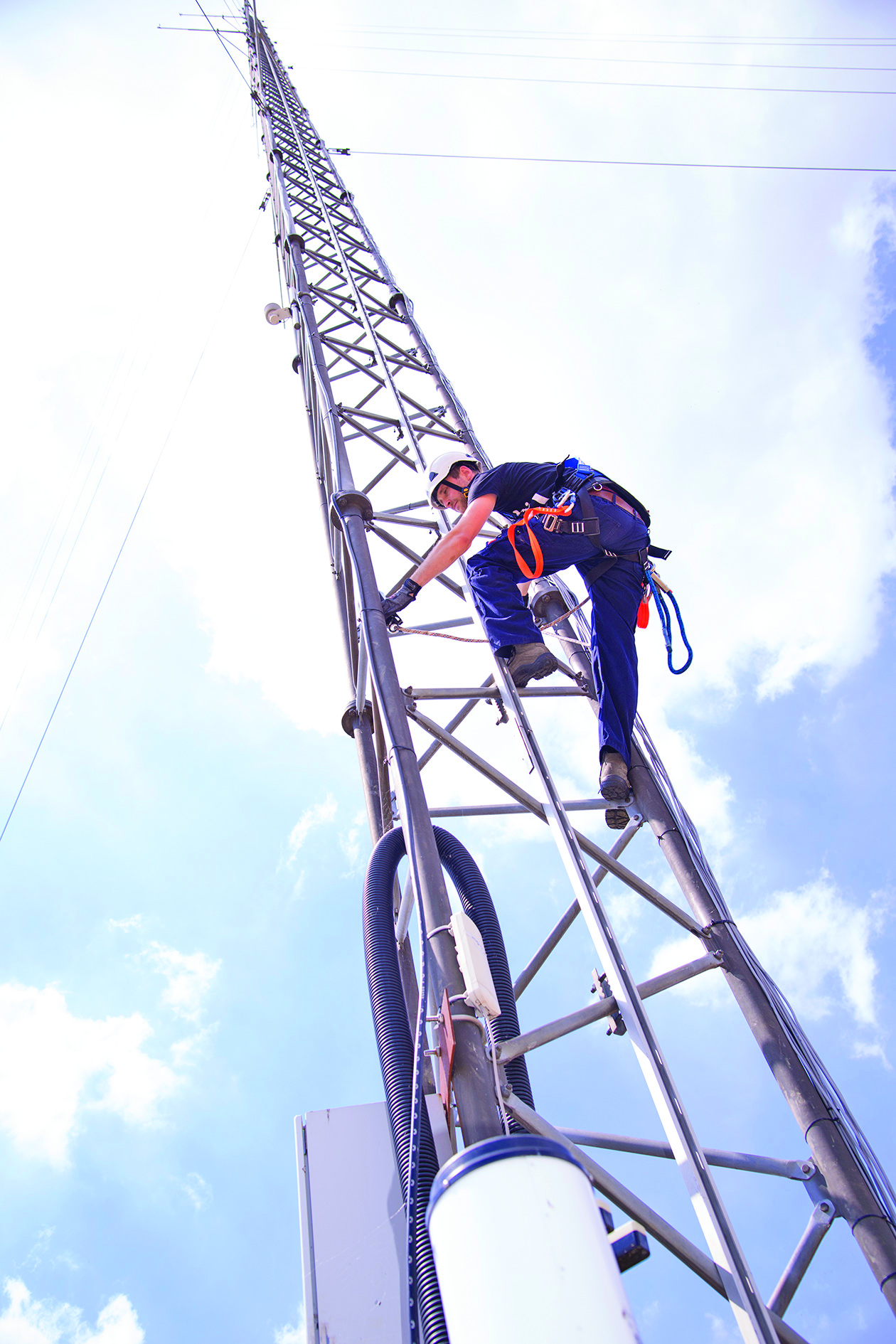
“We have partnered with Iowa Lakes Community College because they offer one of the first programs acknowledged by the American Wind Energy Association for wind-turbine technicians,” she said.
That demand for local attention in the U.S. also played a hand in windtest’s decision to open an office in North America, according to Holzinger.
“Windtest Germany is accredited according to the IEC 17025,” she said. “And since we are a 100-percent subsidiary, we offer those services here in the United States as well, while being supervised by our mother company. We can do all the testing in the field so turbine prototypes can get their certifications.”
IECRE certified
Windtest grevenbroich gmbh is one of the few measurement organizations in the world that is certified by IECRE for four areas of competence and holds the MEASNET seal of conformity; windtest holds several national and international certifications and accreditations and is accredited in accordance with ISO/IEC 17025.
With its impressive arsenal of accreditations, part of what attracts customers to windtest north-america is the company’s ability to be flexible, according to Holzinger.
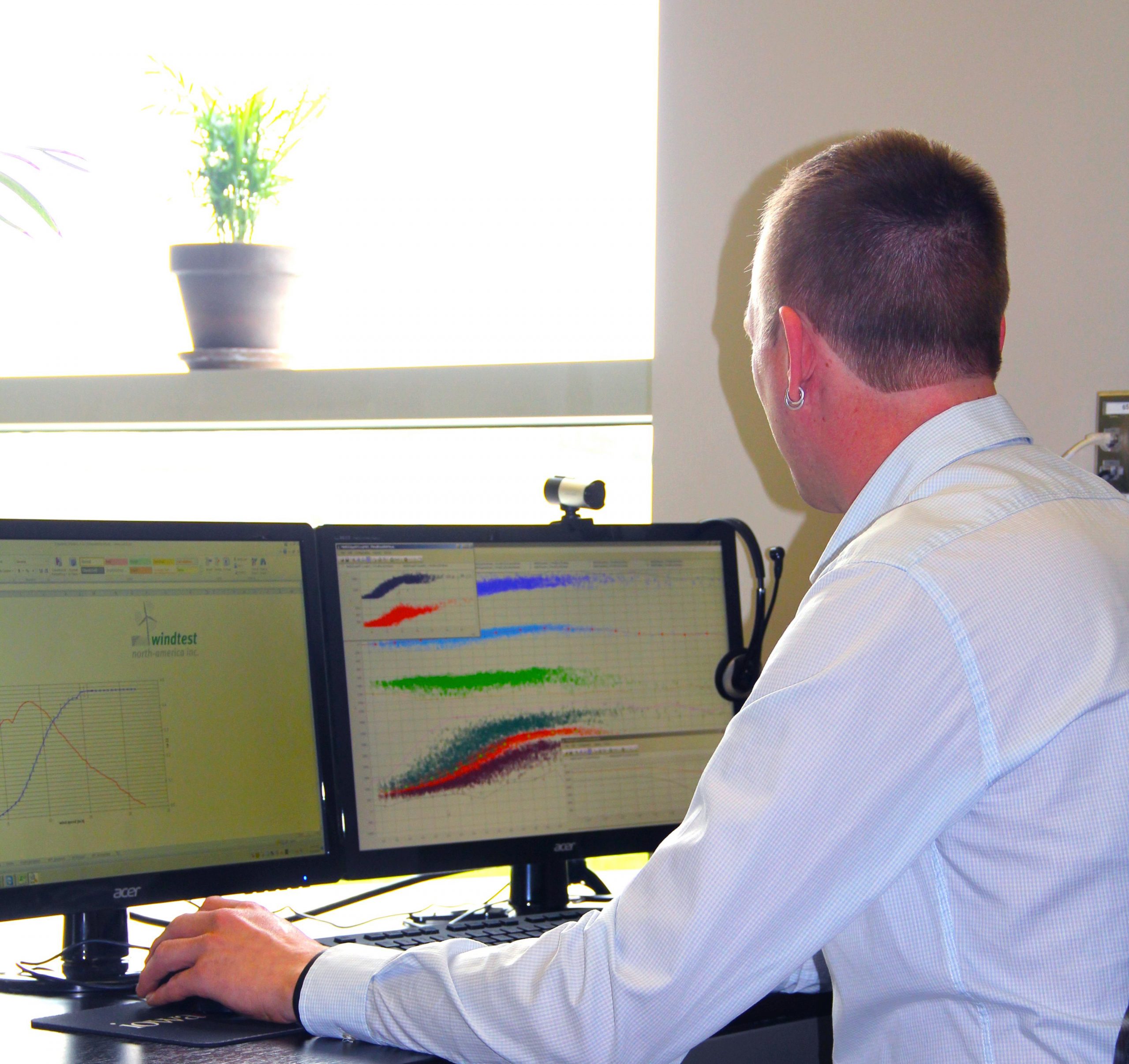
“Our customers really appreciate our flexibility,” she said. “We have short ways of communication set up in our company, and this makes us really flexible where we can respond on short notice to the requests that customers have. And sometimes, they are really short notice. So, we can respond to that very well.”
Short-notice requests can be a challenge, but Holzinger stressed that windtest is always up for any challenge a customer may throw its way.
“We’re up for new challenges, and we usually take on all challenges,” she said. “We are honest with our customers and with our partners. When we say yes to a challenge, we pull together the most knowledgeable people that we have and come up with task plan.”
Community-minded
And when a wind project is planned near a populated area, it becomes part of windtest’s duties to ensure the project will cause as little disruption to the normal operations of a community as possible, according to Holzinger.
“We also do wind-potential and sound measurements,” she said. “Our measurements and reports document how loud a turbine is but also the sound impact of the turbines on the neighborhood. We also offer shadow impact analyses and site assessment reports.”
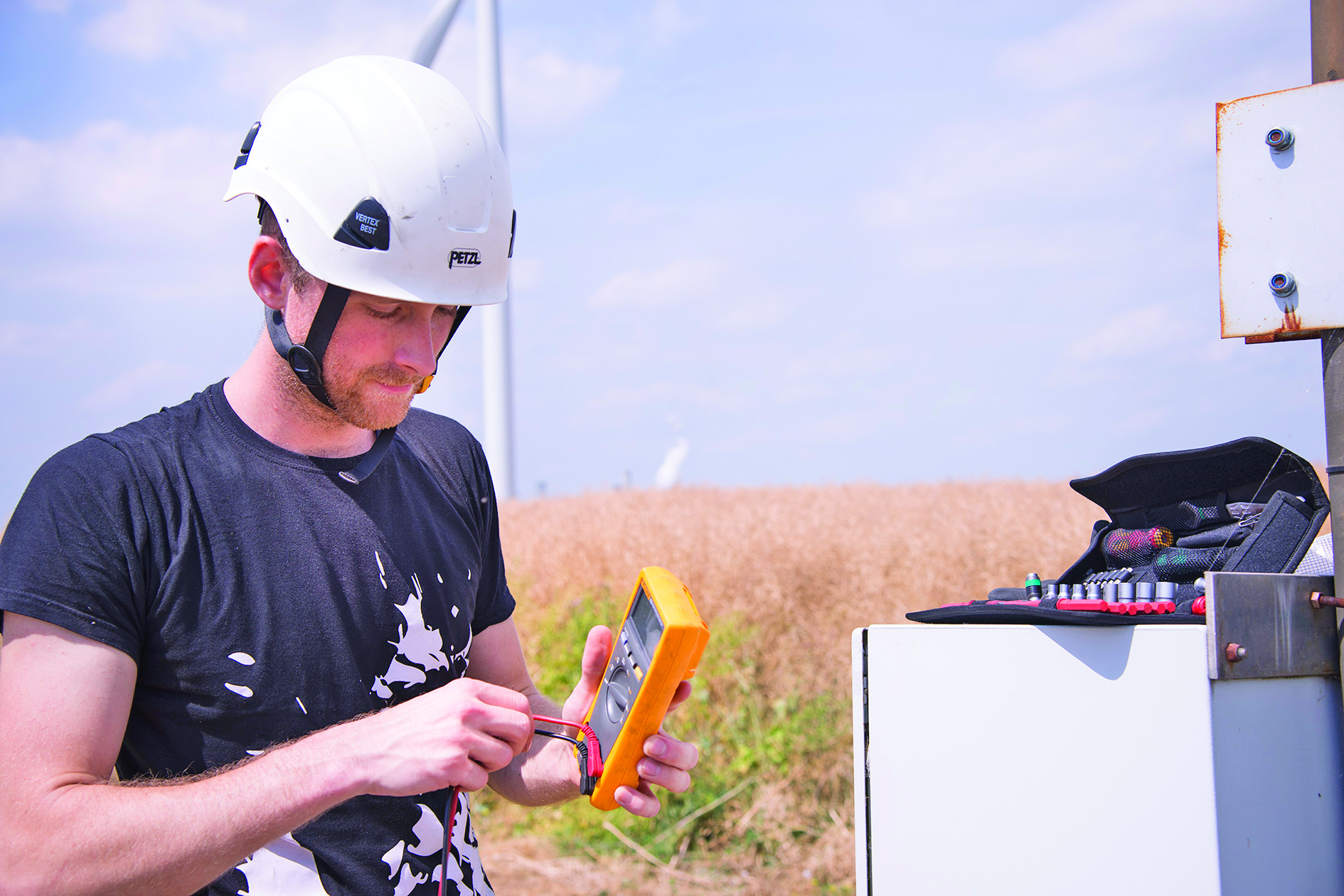
With thorough assessments such as this, owner-operators will be equipped with the information they need to protect residents from excessive emissions, while complying with local rules to avoid a worst-case scenario of a turbine or wind-farm shutdown.
Helping renewables flourish
These services are not just important to windtest north-america’s clients, but to the future of renewable energy as well, according to Holzinger.
“Our mission is to help renewable energies grow and support global industries with our expertise,” she said. “In general, we also show sustainable actions in our daily work. As a small example, we try to buy local, and we want to support the area we are working in. We consider it our social responsibility. We try to make a positive impact on the local area where we’re located.”
And that includes offering the best quality of services to its customers, according to Holzinger.
“We also show this in our daily work with our motto: Quality by any measure,” she said. “For us, quality is one of our highest values because we offer accredited services. And even if customers do not request accredited services, our quality level is always high. We have a quality management system to enable us to pursue that route. This is one of our most important values besides trustful relationships and honesty with our customers externally — as well as internally with our employees. We want to be a fair and reliable partner.”
Working with communities
Working with communities is part of windtest north-america’s core responsibilities, and it is reflected throughout windtest north-america’s — and its parent company’s — actions in the 25 years of experience the companies have to offer, according to Holzinger.
“We see ourselves as one windtest group,” she said. “We are on different continents, and one has been in the market for a longer time, but we still see ourselves as a team and as a group. In general, looking at the 25 years there, one of the big things that windtest in Germany did was open up a wind test site in 1998 where a lot of new wind-turbine prototypes got tested and further developed. Our experts are also part of groups on the IEC committee. So, we really have our people out there and developing state-of-the-art guidelines. And we are looking at windtest north-america building a test site here in Iowa for small wind turbines as well as utility-scale turbines. We already have a 25-KW vertical axis wind turbine tested and measured here in Iowa.”
In addition, windtest north-america has a large development project with one of the biggest OEMs in the wind market, according to Holzinger.
“We’re part of a lot of development projects here in the U.S.,” she said.
Growing with the industry
As turbines continue to grow larger and become more energy efficient, Holzinger expects wind projects to grow more lucrative in areas that wouldn’t have been suitable for wind development only a few short years ago.
“The turbines are getting taller,” she said. “There’s already development in Europe of machines at 6 MW and more. And you can see the development here already. We’re talking more about wind turbines between 2 and 3 MW now. And when you look at the higher towers, you can get more wind in areas where there is usually not as much.”
Part of that growth will also involve the development of components to make it more efficient, according to Holzinger. This will include improving the aerodynamics and automation.
“As they get bigger, you need to improve the aerodynamics, and automation will probably be one of the key issues as well,” she said. “This could be in terms of more condition monitoring for smarter turbines that let you know upfront if there’s any damage indicators.”
Holzinger believes windtest north-america will be along for that innovative wave in wind development.
“I think we would be a good partner doing all those, especially in developing those measurement concepts, also for test benches,” she said. “We could be a good consultancy partner for such actions and development in order to support the industry when you have certain products or items and see how to make them more efficient or how they can be tested.”
















